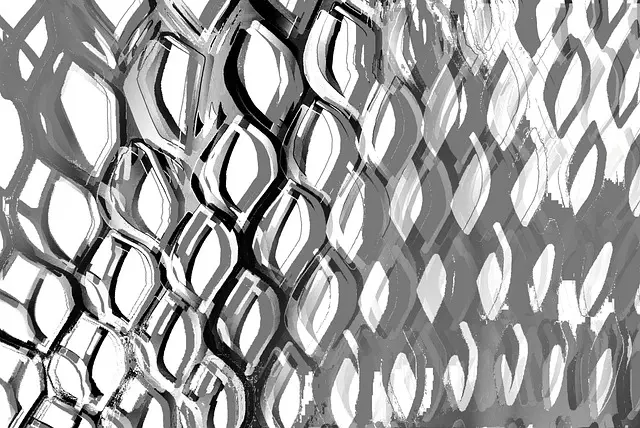Kratom, an herbal supplement with potential muscle soreness relief benefits, faces a ban in Louisiana due to safety concerns. The state's regulatory move reflects broader issues around kratom's unfettered market access and underscores the need for more scientific understanding of its effects. Alternative natural remedies like yoga, stretching, and herbal infusions offer viable options for muscle discomfort without relying on pharmaceutical interventions or facing legal repercussions from the kratom ban in Louisiana.
“Discover the potential of kratom as a natural remedy for muscle soreness, especially in light of the ongoing kratom ban in Louisiana. This comprehensive guide explores how this herbal extract can offer relief from post-workout aches and pains.
We delve into ‘Exploring Kratom’s Potential,’ examining scientific insights. Additionally, we clarify the ‘Kratom Ban in Louisiana’ and provide alternatives in ‘Natural Solutions’ to help you navigate muscle soreness relief options.”
- Exploring Kratom's Potential for Soreness Relief
- The Kratom Ban in Louisiana: What You Need to Know
- Natural Solutions: Alternatives to Address Muscle Soreness
Exploring Kratom's Potential for Soreness Relief

Kratom, a natural herb with a rich history in traditional medicine, has gained modern attention for its potential therapeutic benefits, including muscle soreness relief. While it is known for its pain-relieving properties, kratom’s effect on reducing muscle aches and stiffness is an area of growing interest, especially given the increasing awareness about its availability and uses, even in regions like Louisiana where kratom sales are currently banned. Many users report that specific strains of kratom offer comfort and ease from post-workout or over-use injuries pain.
Research into kratom’s mechanism of action suggests it may interact with opioid receptors in the body, providing analgesic effects similar to opiates but with potentially fewer side effects. The herb contains various alkaloids, including mitragynine and 7-hydroxymitragynine, which are believed to contribute to its pain-relieving properties. Exploring kratom as a natural remedy for muscle soreness can offer an alternative or complementary approach for those seeking relief from chronic or acute discomfort, although further scientific studies are needed to fully understand its efficacy and safety, especially in the context of varying regulations like the kratom ban in Louisiana.
The Kratom Ban in Louisiana: What You Need to Know

In recent years, Louisiana has joined a growing list of states that have implemented a kratom ban. This decision was largely driven by concerns over safety and the potential for misuse of this herbal supplement. Kratom, derived from the Mitragyna speciosa plant, has gained popularity as an alternative remedy for pain management, including muscle soreness relief. However, amid reports of adverse effects and lack of substantial scientific evidence supporting its efficacy, Louisiana’s health authorities took action to restrict access.
The kratom ban in Louisiana means that the sale, possession, and use of kratom are prohibited within the state’s borders. This measure aims to protect public health by reducing exposure to an unregulated substance. Individuals found in violation of this ban may face legal consequences, including fines or imprisonment. It’s crucial for residents to be aware of these regulations to avoid any legal issues and ensure their well-being.
Natural Solutions: Alternatives to Address Muscle Soreness

In today’s world, where over-the-counter pain relievers are readily available, many people are seeking natural solutions to alleviate muscle soreness. One such alternative gaining traction is kratom, a herb that has been used for centuries in Southeast Asia. Despite its growing popularity as a natural remedy, it’s important to note that the kratom ban in Louisiana highlights concerns and regulatory issues surrounding its use.
Beyond kratom, there are several other organic remedies that can help ease muscle discomfort. Incorporating activities like yoga or gentle stretching routines into your post-workout regimen can promote blood circulation and reduce soreness. Additionally, applying hot or cold compresses to affected areas has been shown to provide significant relief. Herbal infusions made from ginger, chamomile, or peppermint are also well-known for their soothing properties.
While kratom has shown promise in alleviating muscle soreness, it’s crucial to be aware of the ongoing kratom ban in Louisiana. This legal restriction underscores the importance of exploring alternative natural solutions for managing discomfort. Alternatives like stretching, hydration, and other herbal remedies offer viable paths toward soothing sore muscles without relying on controversial substances. In light of these options, individuals seeking relief can make informed decisions, considering both personal well-being and legal frameworks.














